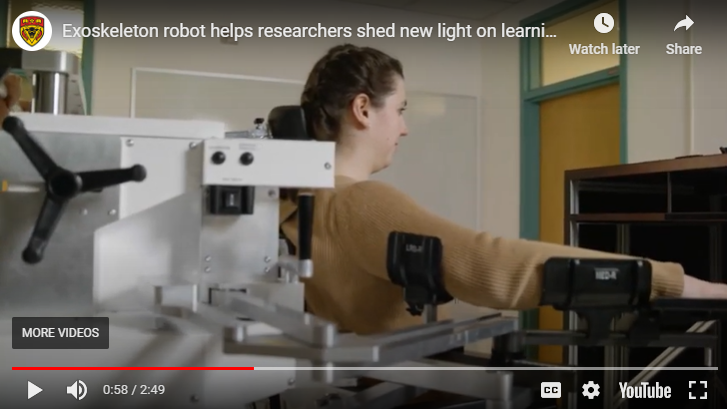The Martin Lab (www.martinpainlab.com) in the Department of Psychology at the University of Toronto has a postdoctoral position available for an independent, highly motivated, and enthusiastic individual to study the synaptic basis and circuits of complex behaviour. The successful candidate will join a vibrant, highly collaborative, dynamic well-funded laboratory located on the Mississauga Campus of the University of Toronto.
The long-term objectives of our lab are to study and understand the endogenous mechanisms of pain modulation by social and cognitive factors. We are especially interested in the associations formed during the pain experience and use classical conditioning approaches to understand the learning mechanisms of pain sensitivity and pain relief as well as the contribution of fear to pain processing (Martin et al., 2019, Curr Biol). The candidate will use a combination of viral tract tracing, electrophysiology, and optical techniques to identify the cellular and circuit mechanisms that control pain following conditioning to noxious stimuli and analgesic drugs.
Qualified postdoctoral candidates should have experience with mouse models, viral vectors, in vitro (patch-clamp) electrophysiological techniques, in vivo optogenetics or fibre photometry. Experience with molecular biology and/or immunohistochemistry are strong assets. Strong background in R language and using R packages to analyze connectome data. Familiarity with Python/MATLAB for spike and waveform analysis is also advantageous.
To apply, please send a brief statement of research interests, CV, and contact information for 3 references to
lj.martin@utoronto.ca.
Contact information Loren J. Martin, Ph.D.
Associate Professor, University of Toronto Mississauga
Tier II Canada Research Chair in Translational Pain Research
Department of Psychology, CCT Building, Room 4065
3359 Mississauga Rd, Mississauga, ON, L5L 1C6








